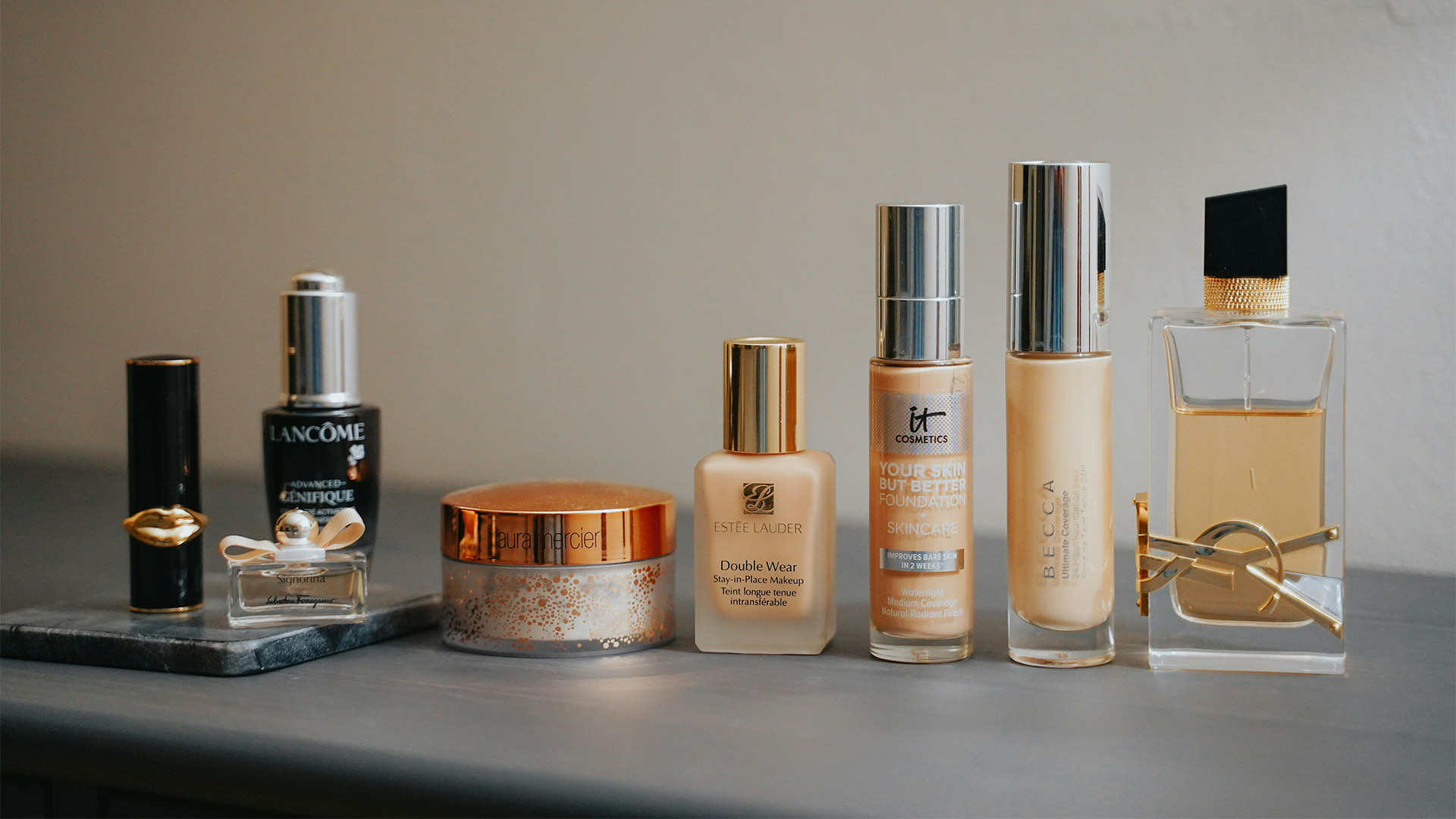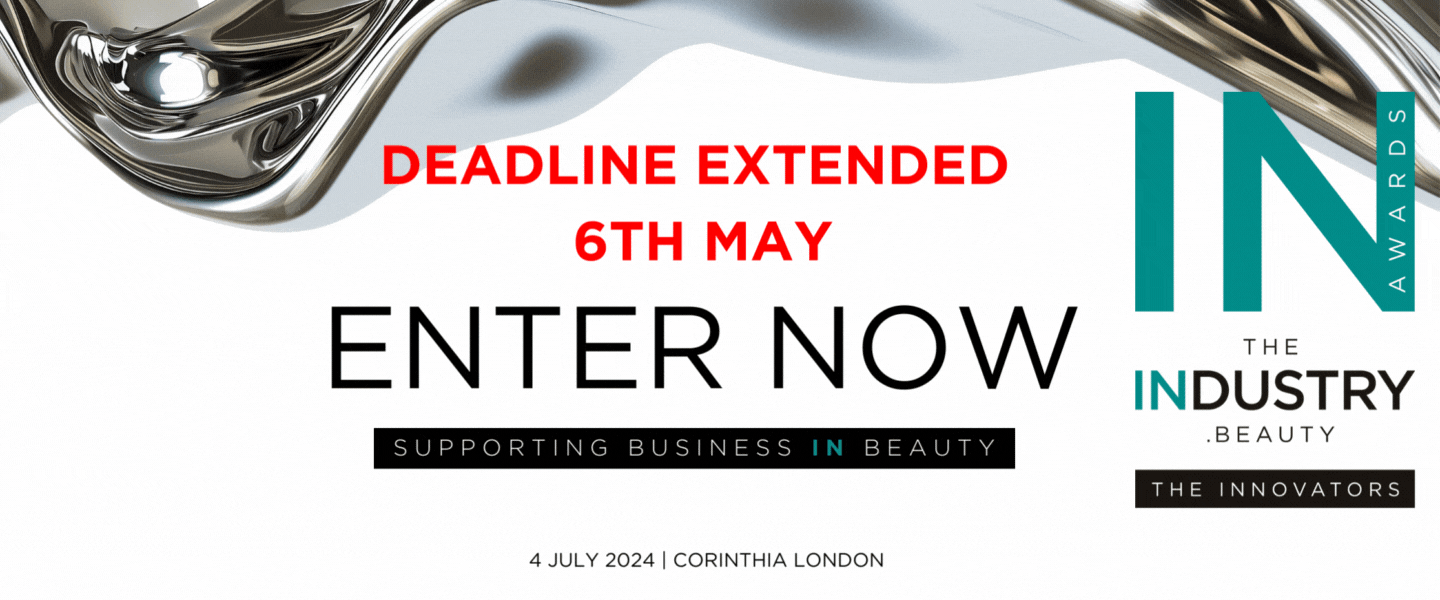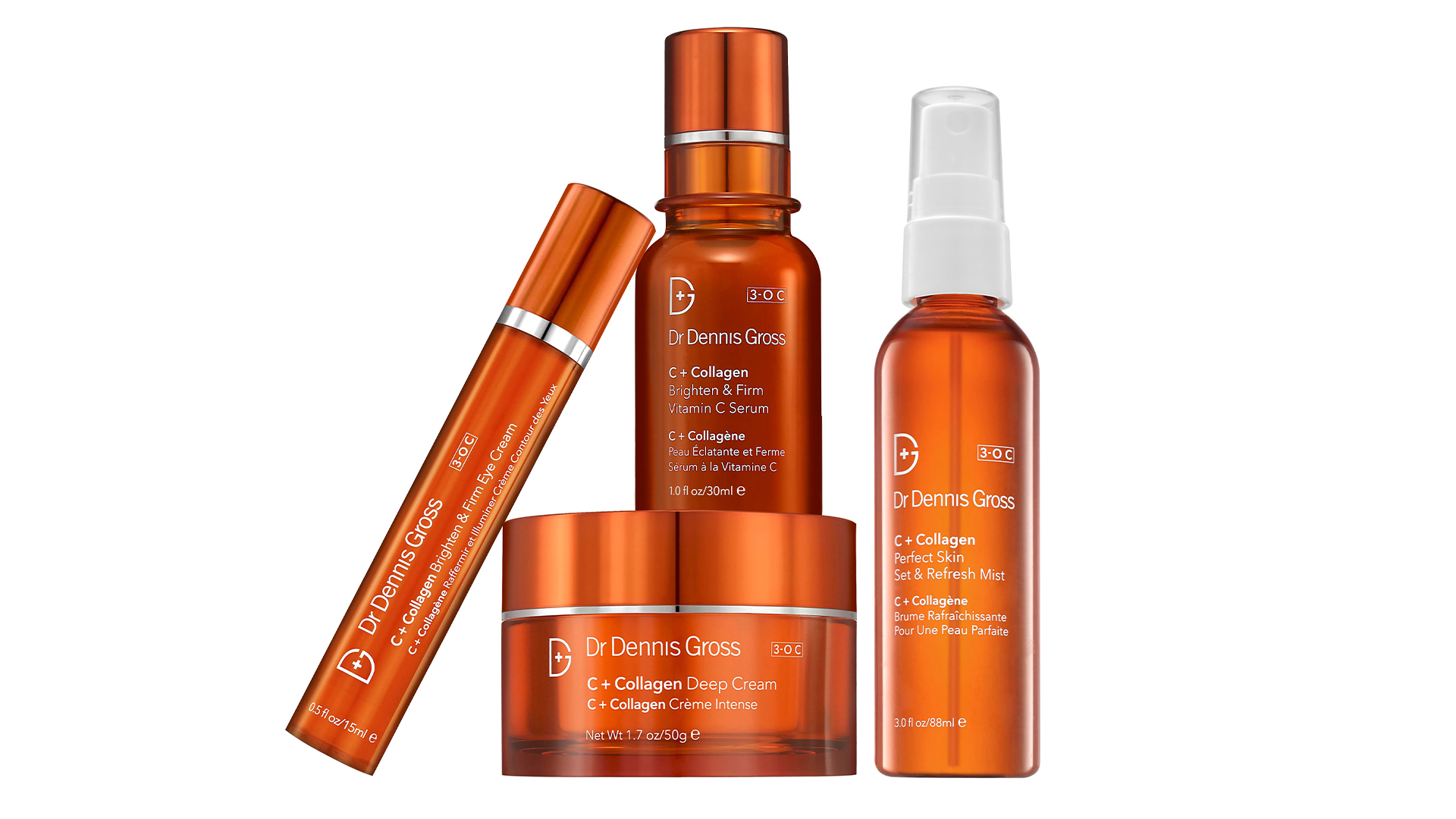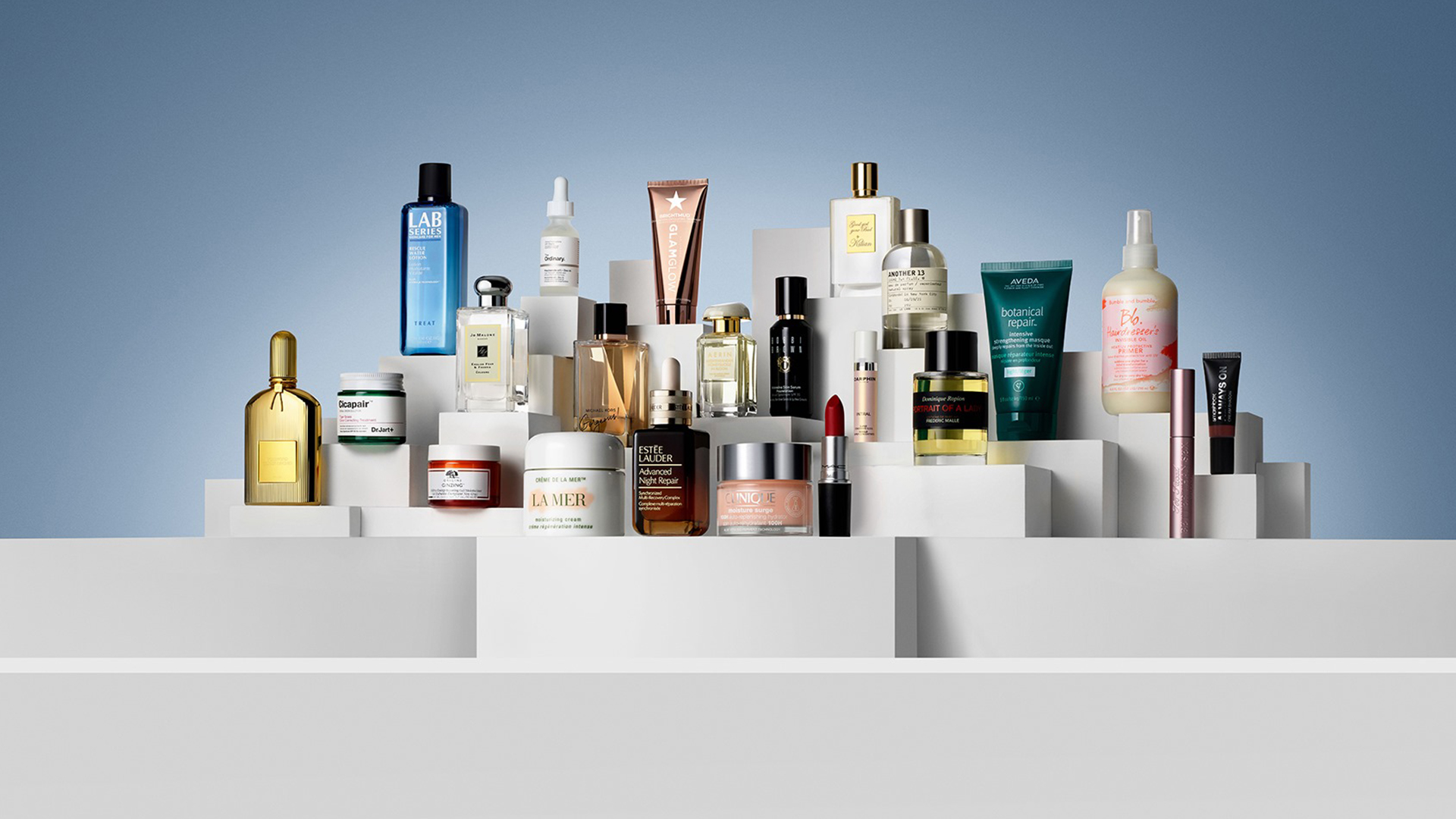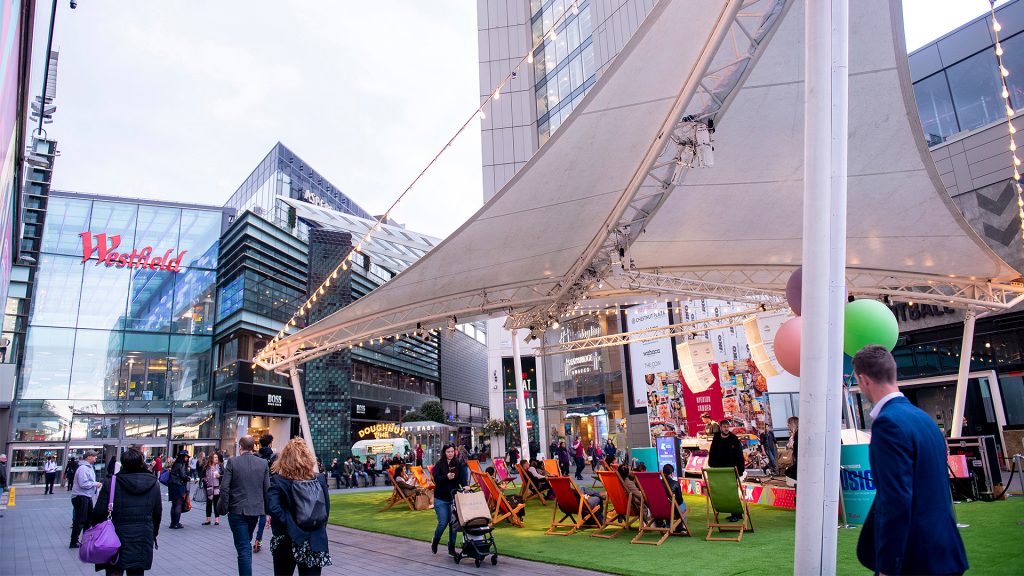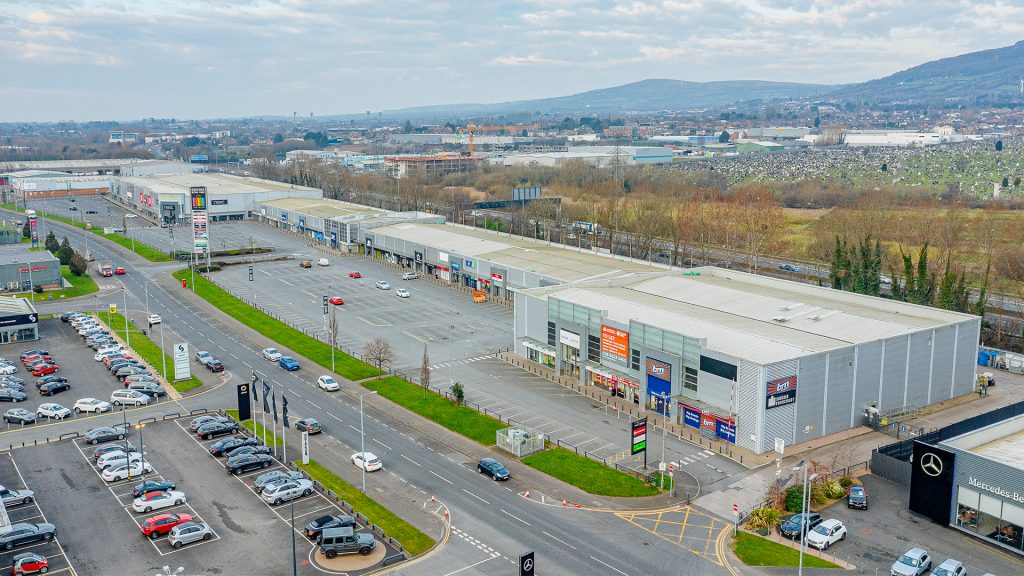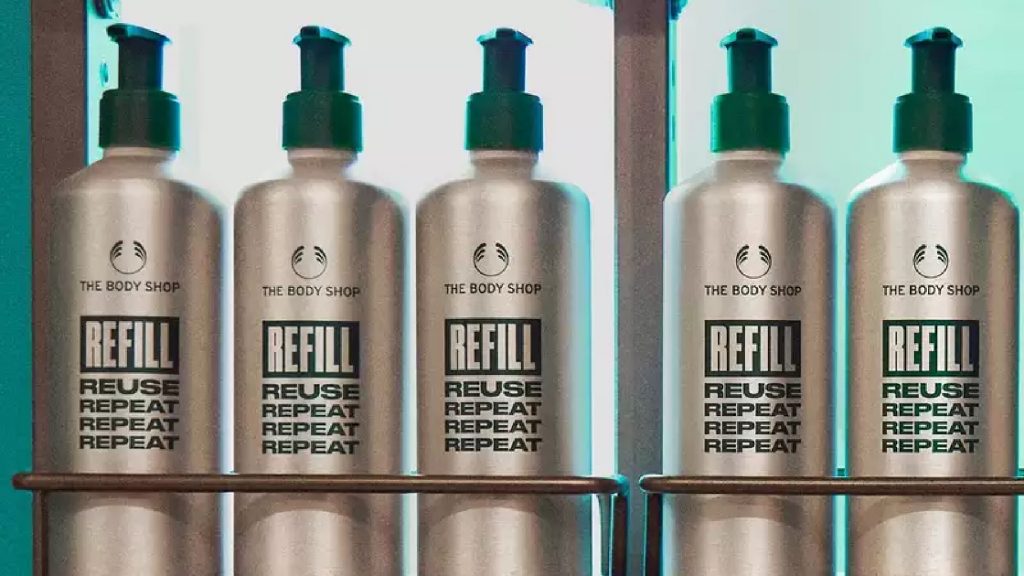In Depth: The power of prestige beauty
From a global pandemic and cost-of-living crisis, to various geopolitical conflicts, the beauty industry has experienced a plethora of challenges in recent years. Despite this, the prestige beauty market remains buoyant, with many of the world's biggest beauty companies continuing to invest in the sector.
TheIndustry.beauty explores how and why prestige beauty is providing an attractive opportunity for beauty groups, with commentary from retail trend analyst Wizz Selvey and Shiseido Company UK&I Managing Director Charles de Montalivet.
While many shoppers have cut back on non-essential spending, Brits are continuing to splurge on prestige beauty products despite the cost-of-living crisis. This supports the 'lipstick effect', which describes how during times of financial crisis people tend to spend more money on small luxuries to bring them comfort.
With this in mind, prestige beauty offers an attractive opportunity for beauty giants like Estée Lauder, Unilever and Shiseido as consumers continue to spend in this category.
"Beauty has always been buoyant in a recession, this was proven in the pandemic and again in the cost-of-living crisis. This is further elevated in prestige beauty as consumers want to treat themselves but don’t necessarily want the price point of fashion products," says Selvey.
"As there has been more consideration about how and where money is spent by consumers, prestige brands can still lead customers through a luxury purchase experience, even with everyday beauty products, like lipsticks and face creams.
"Beauty companies such as Shiseido, Unilever and L’Oréal can see the growth in prestige, particularly when there is a cost-of-living crisis. Mass brands become more price-sensitive which impacts profit margins, particularly with the cost of goods increasing and other economic factors. This allows prestige to forge ahead with more growth as the purchase consideration is far more emotional and aspirational."
Among the companies investing in prestige beauty is Puig, which acquired Dr. Barbara Sturm earlier this month.
With science-focused skincare and high-performance treatments, the brand strengthens Puig's position in the premium skincare segment. It joins the group's existing portfolio of high-end brands, including Carolina Herrera, Byredo, Penhaligon's, Kama Ayurveda and Dries Van Noten.
Meanwhile, Shiseido Company recently added Dr Dennis Gross Skincare to its global portfolio. It marked the latest brand to join the group's prestige division, which also includes Nars, Clé de Peau Beauté and Drunk Elephant, amongst others.
"Prestige beauty is now the main focus of Shiseido Company since it divested its mass consumer and personal care brands to PE CVC Capital Partners in February 2021," explains Montalivet.
"Shiseido Company's expertise in skincare is recognised worldwide for its innovation, exceptional formulas and obsession with quality. In our vision to become number one personal beauty wellness company, we are investing (through brands or R&D) in various key segments of prestige beauty such as derma/microbiome, natural/clean, and beauty devices.
"The acquisition of Dr Dennis Gross Skincare fully falls into this strategy with its expertise in Alpha Beta Peeling and LED skincare devices. It will be a great opportunity to support the brand's growth through further investment but also to capitalise on Shiseido’s R&D to push its innovations further."
Prestige beauty is also a key focus for Unilever, having launched 'Unilever Prestige' - a division led by CEO Vasiliki Petrou to help bring a world-class portfolio of premium beauty brands into the company - in 2014.
Over the years, Unilever has added a number of global beauty brands to this portfolio. Among the acquisitions is Tatcha, Hourglass, Living Proof, Murad, Dermalogica, Kate Sommerville and REN Clean Skincare, as well as the purchase of premium biotech haircare brand K18 last month.
Labelled as one of the fastest-growing parts of Unilever, the prestige beauty division contributed turnover of €1.2 billion in 2022. It said growth is being driven by premium product innovations, as well as brand experiences delivered via new channels such as digital commerce. In fact, over 50% of the prestige business is now sold through digital commerce.
Similarly, Coty's balance sheet has also benefitted from its investment into prestige beauty, with the group's most recent financial performance helped by the success of the division.
Thanks to brands such as Burberry, Philosophy and Lancaster, the group saw revenues rise 18% in the first quarter ending 30 September 2023. What's more, the prestige division achieved a 23% increase in sales, making up 65% of Coty's total sales.
In addition, The Estée Lauder Companies boasts a diverse portfolio of prestige beauty brands, sold in over 150 countries and territories under brand names including Jo Malone London, La Mer, Tom Ford Beauty, Amyris and Estée Lauder.
Its commitment to the sector was further solidified last year after the company announced its plans to open a new atelier in France by end of 2024, with hopes to accelerate its strategic ambitions in luxury and prestige fragrance.
The Paris-based atelier will support the company’s existing fragrance capabilities to "help drive breakthrough innovation, speed-to-market, and artisanal quality at scale, leveraging synergies across the brand portfolio".
Other groups such as Procter & Gamble and Beiersdorf are also among the firms investing in prestige beauty, with the previous acquisitions of Tula Skincare and Chantecaille, respectively.
Meanwhile, fellow beauty giant L'Oreal's link to prestige beauty falls under its Luxe division with a portfolio of 23 brands, such as Lancôme, Yves Saint Laurent and Valentino.
"There has been a recent boom in luxury fashion brands in beauty, with many new entrants over the last five years such as Louboutin, Valentino and Gucci," shares Selvey.
"Beauty provides an accessible price point for customers to own a piece by a luxury brand. It can provide additional revenue opportunities for brands that have an established customer base and also provide an entry price point for aspiring customers."
As prestige beauty continues to deliver results, beauty companies are seemingly placing their confidence in the division with more investments and acquisitions likely to arise in 2024 and beyond.

